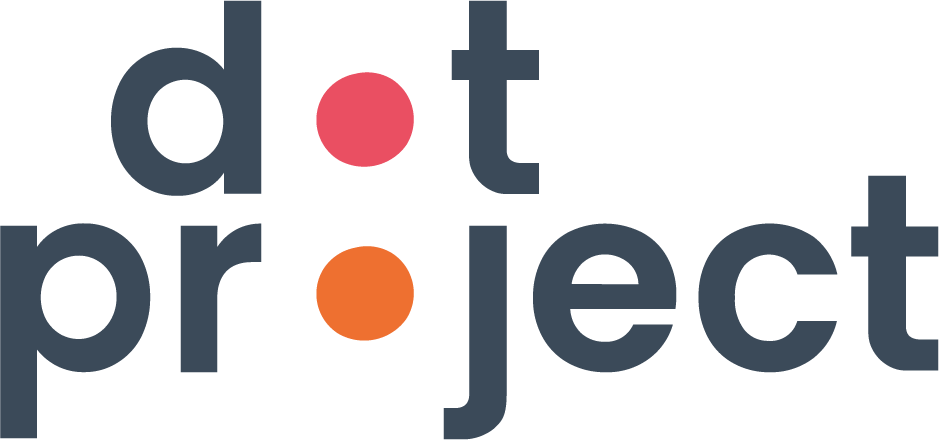Building strong relational skills for organisational change
Relationships play a critical role in any organisation’s change journey. They can be the cause of major blockers and frustrations or they can be a force for good, sustaining or accelerating that change. Over a series of three masterclasses delivered by Alex Mecklenburg, we explored how to build strong relational skills to successfully sustain organisational change.
Each masterclass looked at a different aspect of building relational skills; helping teams and organisations that are facing fundamental change, supporting teams through conflict and how to have those difficult conversations, and finally, how to bring your Board on board. Below are some of the key takeaways from the course.
#1 CHANGE IS CONSTANT
Change is still often perceived within organisations as a process or discrete event, with a beginning, middle and end. The truth is, change is not exceptional but constant. Even our relationships with others are continuously evolving, shaping and changing, whether that is on an individual, team or organisational level. When we recognise that change is not exceptional or one-off, we can better coach and help our teams to develop the skills they need to welcome change as part of life.
#2 CHANGE AS AN EDGE
Instead of thinking about change as a linear process, we often use the metaphor of an edge. We stand on the left-hand side, the known, the familiar, the expected and we are asked to 'cross the edge' into the unknown, the unfamiliar. This visual is very helpful to help us understand change and help ourselves, our colleagues and our teams to cross from the known into the unknown, this can increase our ability to understand and support our colleagues in crossing over from the known to the unknown.
An image of ‘the edge’ between the status quo that feels known and familiar, and ‘the unknown’ which can be scary, but also full of new possibilities.
An image of ‘the edge’ between the status quo that feels known and familiar, and ‘the unknown’ which can be scary, but also full of new possibilities.
It also helps people to connect with the many ways that we deal with change. There are the 'Peekers', people who are curious, and the 'Leapers' people who can’t wait and are ready to jump into the excitement of new things to come. Some may be more reluctant and some might even feel they’re being pushed or dragged over the edge. Everyone’s experience is individual and equally valid.
Often, when organisations are going through significant change, people and teams will oscillate between the old and new way of working. When this happens, they’re just dancing on the edge (which is perfectly normal!).
#3 HONOUR THE LOSS
One thing holds true for everybody who goes through change; in the process of crossing the edge, things will be left behind. People often do not fear change itself, but they do fear the loss that comes with it. Making time to acknowledge that fear and honour the loss will help build strong connections, trust, compassion and will allow people to cross the edge.
#4 ROLES ARE FUNCTIONS, NOT PEOPLE
It’s good to remember that in an organisation, people inhabit roles, and roles are functions. A helpful metaphor is to see roles as coats or hats. Sometimes people inhabit one role and sometimes several. Sometimes the role is explicit, for example a job title, but it can also be tacit e.g Peace Maker. People can take on different roles depending on the context or situation involving that person or the team.
When conflict occurs in an organisation, it can often be due to a conflict between roles rather than the people themselves. In that case, it can be really helpful to separate the role from the person; Imagine how you might react, if you were to inhabit a different role. A difficult conversation around a professional subject can often be unpicked when both parts ‘take off’ their roles or even ‘swap’ the roles.
#5 CONFLICT IS GOOD
Although conflict can be stressful and cause tension, it can also be a really helpful signal that an individual, a team or the whole organisation is changing and crossing an edge. Giving space for difficult conversations is important, as is not taking things personally. Conflict is usually between roles, not people.
#6 COMMUNICATE FREQUENTLY (AND DON’T STOP)
Finally, to keep building strong relationships within an organisation, the importance of communication cannot be underestimated. Information is the oxygen that keeps relationships alive and thriving. Clear, consistent and frequent communication increases understanding, builds alignment and develops a sense of shared purpose about a change.

